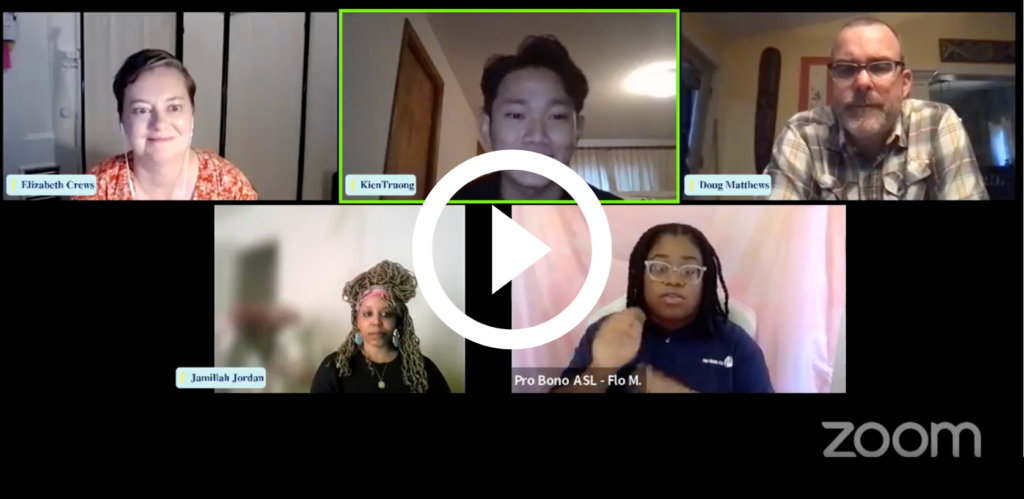We were joined by a set of outstanding panelists from across the country:
- Dr. Clarence Wardell III, Chief Data and Equity Officer, Office of Management and Budget, the White House
Dr. Clarence Wardell III is the Chief Data and Equity Officer with the White House American Rescue Plan Team, and a Senior Advisor for Policy Implementation and Delivery with the Domestic Policy Council. Clarence most recently served on the Biden-Harris Transition leading tech strategy & delivery across the domestic and economic policy team. Prior to working on transition, he was the Vice President of Solutions at Results for America, where he supported Bloomberg Philanthropies’ What Works Cities Initiative along with other local, state, and federal efforts to scale evidenced-based solutions to address a wide range of challenges.
Clarence was previously a Presidential Innovation Fellow and member of the U.S. Digital Service during the Obama Administration, where he co-led the White House Police Data Initiative. He holds a BSE in Computer Engineering from the University of Michigan and a PhD from the Georgia Institute of Technology’s School of Industrial and Systems Engineering.
- Doug Matthews, Assistant City Manager, Grand Rapids, MI
Doug has served local government for 25 years, focused on enhancing government effectiveness through open and active community engagement, partnerships and organizational transformation. He currently oversees Enterprise Operations (refuse, water, wastewater), Public Works, HR, IT, Innovation, Equity and Engagement, Events, Communications, Sustainability and Performance Management at the City of Grand Rapids. He’s particularly interested in innovation leadership, cultural transformation, development of strategic public/private/nonprofit partnerships to solve wicked problems, neighborhood-based engagement and problem-solving, and human-centered design for service and process improvement.
Doug has a BA in Journalism from the University of Central Florida and an MPA from the University of South Florida. He’s a credentialed manager with the International City/County Managers Association and a former board member for the Alliance for Innovation.
- Jamillah Jordan, Equity Director, Marin County, CA
Jamillah Jordan is Marin County’s Equity Director. She is a multi-disciplinary strategist, urban planner, and social justice leader with over 10 years of experience catalyzing systems change. Jamillah has worked with a wide range of public and private sector partners to apply an equity lens to community visioning projects and public health, education and transportation initiatives, among many others.
Jamillah leads Marin County’s Office of Equity working across 22 agencies and departments to develop, implement and evaluate innovative strategies that dismantle systemic barriers to enrich the lives of those served by the County. She recently led the development of the County’s 2022 Race Equity Action Plan. Jamillah is also a Culture of Health Leader and focused on building an intentional and healing-centered Community of Practice for equity directors of color across the Bay Area.
Her diverse leadership experience is rooted in forging collaborative partnerships among community-based organizations, local government, and elected officials to advance institutional change that creates better outcomes for everyone, particularly marginalized communities.
- Kien Truong, Chief of Staff for Representative Kayse Jama, Oregon State Legislature District 24

